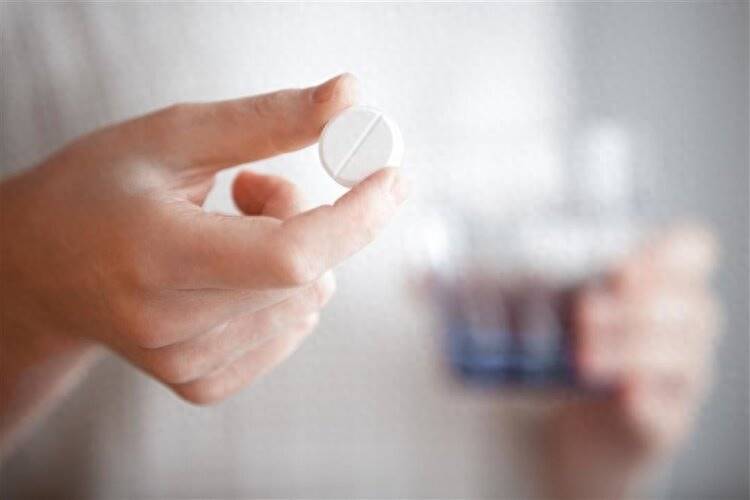
1: Introduction - Mr. Liu, a 60-year-old man, has been experiencing occasional headaches for about 2 years. - He has been taking analgesics to relieve the pain, increasing the dosage over time. - Recently, he started feeling weak and experiencing pain in the lower back and abdomen. - After visiting the hospital, it was determined that Mr. Liu has kidney damage, and the cause is related to his long-term use of analgesics.

2: The Reason for the Decreased Availability of Analgesics - Analgesics, such as "Qu Tong Pian," are inexpensive and effective painkillers. - They contain ingredients like aminopyrine, phenacetin, caffeine, and barbital. - These ingredients have safety concerns and have been phased out in many countries.
- In China, despite the regulation to eliminate aminopyrine and/or phenacetin-containing analgesics in 1982, they are still used in some regions.

3: Consequences of Long-term Use of Analgesics - Prolonged use of analgesics can lead to kidney damage, bone marrow necrosis, uremia, and even cancer. - It can also cause drug dependence and tolerance, as well as neutropenia.
4: Choosing Between Analgesics, Ibuprofen, and Acetaminophen - Analgesics are primarily for pain relief but can lead to withdrawal symptoms and dependence. - Ibuprofen can effectively relieve mild to moderate pain but should be used with caution and avoided by pregnant women, lactating women, and children. - Acetaminophen is safe for most people and has good efficacy for headaches. However, it is necessary to consult a doctor before use, especially for children and pregnant women.

5: Caution and Proper Usage of Analgesics - Proper understanding of the cause of pain is essential before taking any pain medication. - Do not change the dosage or duration of medication without medical advice. Seek medical attention if symptoms persist. - Avoid concurrent use of analgesics of the same type to prevent overdose.
- Do not take analgesics on an empty stomach, especially non-steroidal anti-inflammatory drugs, as they can cause stomach irritation. - Avoid alcohol consumption during medication as it can worsen toxicity and cause liver and kidney damage.

6: Conclusion and Final Advice - Daily medication should always be taken under medical supervision and should not be done blindly.
- It is crucial not to wait for health complications before regretting the consequences of improper medication usage



















